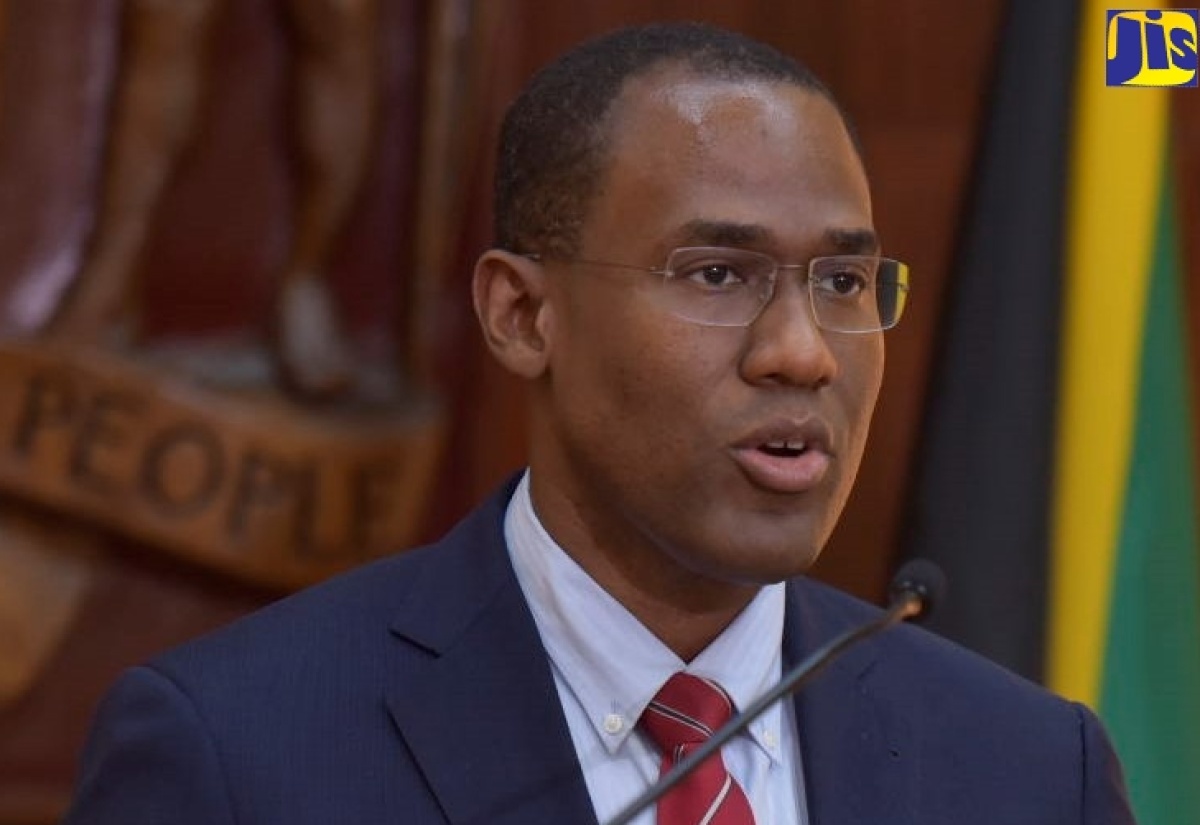Gov’t Remains Confident That Jamaica Will Recover from Hurricane Beryl
By: , July 9, 2024The Full Story
The Government remains confident that Jamaica will be able to recover from the dislocation caused during Hurricane Beryl’s passage.
Minister of Finance and the Public Service, Dr. the Hon. Nigel Clarke, noted in a statement that while the severe weather system’s path and intensity did not trigger Jamaica’s Catastrophe Bond, there are other contingencies.
The Bond is intended to provide Jamaica with financial protection against a Category Five or very intense Category Four hurricanes making landfall.
“The Government of Jamaica (GOJ) has strategically put in place a multi-layered set of financial instruments to pre-finance the emergency response and recovery costs of natural disasters. While it is neither expected nor designed that all storms will trigger all instruments, the idea is that we should always be able to access resources from some instruments for every storm,” Minister Clarke said.
He acknowledged that preliminary assessments of the damage resulting from Hurricane Beryl means that the Government will have to draw on all of the resources available in the first two layers – the Contingency Fund and the Natural Disaster Fund, totalling $4.5 billion.
Additionally, Dr. Clarke said the Administration would likely have to tap into the next layer – an Inter-American Development Bank (IDB) Contingent Credit Line (CCL) – which facilitates a maximum provision of approximately $46 billion.
While advising that he initiated the process to access funds under the CCL, Dr. Clarke said, “it will take a few days to ascertain exactly how much of this Beryl will trigger as well as how much we will need”.
The Minister indicated that there are also other disaster funding arrangements in place due to the Government’s prudence and forward thinking.
“The GOJ has a $140-billion Precautionary and Liquidity Line (PLL) with the International Monetary Fund (IMF). The PLL is intended for countries with strong fundamentals, and can be drawn in the event of liquidity problems that emerge from natural disasters or economic shocks,” he reiterated.
While noting that it is “too early to rule anything out”, Dr. Clarke said the Government does not “anticipate that Hurricane Beryl has led to, or will lead to, liquidity issues for the GOJ”.
As such, he said “this facility (PLL) is… unlikely to be drawn [by the Government]”.
“Over the next few days, the GOJ will aggregate the estimates of damage and interventions required and finalise the total resources from disaster risk financing sources. We have been proactive in arranging disaster risk financing that is contingent on the occurrence of natural disaster, in advance. As such, we do not need to scramble in the aftermath of Beryl to finance the emergency response required,” Dr. Clarke indicated.
He maintained that the Administration will remain prudent with disaster risk financing and other resources, consequent on the fact that Beryl was just the first named storm for the 2024 Atlantic hurricane season.
Last year, the Government conducted public consultation on its National Natural Disaster Risk Financing Policy (NNDRFP).
The facility is designed to aid Jamaica in achieving improved resilience in handling the aftermath of disasters and adequately planning and preparing, financially, for these disasters.
It targets pre- and post-disaster measures, and primarily focuses on how to plan for and ensure adequate financial capacity to better afford the fallout.
This is expected to improve the Government’s responsiveness to the outcomes of disasters without putting a strain on the Consolidated Fund.
The ultimate goal of this policy is to minimise the fiscal impact on the national Budget.




